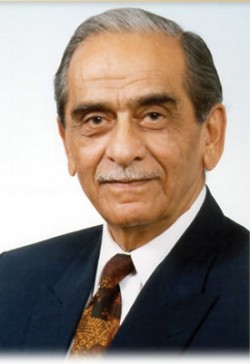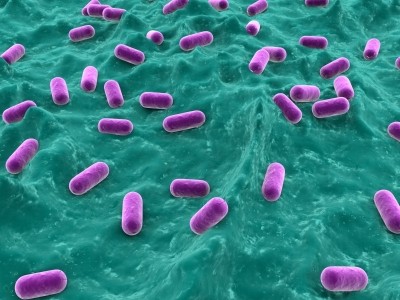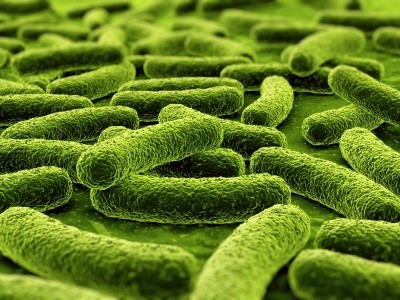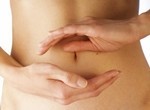Probiotics maker: There is a temptation to overstate the benefits

However, consumer awareness and demand for probiotics has continued to grow strongly in the US, helping Nebraska Cultures to generate another year of double-digit sales growth, revealed the firm’s director of operations Michael Shahani.
Shahani, who was speaking to NutraIngredients-USA after launching a range of custom probiotic blends containing his firm's flagship Lactobacillus acidophilus DDS-1 strain, said the threat of legal action meant many firms were making very generic statements on pack about digestive health, making it hard for consumers to compare products.
But some firms had also exposed themselves by making statements that could not be supported by research, he said.
"I think there has been a temptation to overstate what it is possible to address with probiotics."
FDA is taking a cue from EFSA
Nebraska Cultures’ new legacy blends come in four varieties and combine Lactobacillus acidophilus DDS-1 with a range of other strains to target children, travelers and those with yeast, fungal and viral infections.
He said: “Talking about faster recovery from traveler’s diarrhea is one thing, but things like improving immune function are much harder to prove and we have seen some big companies get into trouble when making these kinds of claims recently.
“The FDA has also become more strict and it looks like it is taking a cue from EFSA [European Food Safety Authority – which has failed to give the thumbs up to health claims about most probiotic strains in Europe].
“However, as more human studies are conducted, I think we will see more specific claims.”
Nebraska has recently sponsored a human clinical study on DDS-1 and other lactobacilli at the University of Nebraska (which has not yet been published in a peer-reviewed journal) assessing its ability to persist and survive in the gut, he said.
“It is a back to basics study but it’s very important because there are a lot of products out there that really don’t contain anything useful by the time consumers eat them.”
Food applications
While the bulk of Nebraska Cultures’ sales came from supplying supplement firms with bulk powders, capsules or chewable tablets, it also supplied some food manufacturers, said Shahani.
“This is a growing market but it’s tricky. There are some foods such as cheese and chocolate that are particularly good carriers for probiotics, but that doesn’t mean people want to buy them.
“But we are seeing new applications all the time. For example, we have one customer that’s coming out with a new line of powdered meal replacements containing our probiotics.
“We also work with companies that want to make products containing synbiotics [combining prebiotics and probiotics], but you have to find the right match – in the same way that one fertilizer will work well on roses but not on tomatoes.”
While there were several well-researched products on the market now, some buyers were still focusing more on price than efficacy and stability, he said, with some retailers cashing in on growing demand by developing cheaper products that did not contain meaningful quantities of live bacteria at the end of their shelf-life.
Dr Khem Shahani
Nebraska Cultures’ founder Dr Khem Shahani began his research at the University of Nebraska at Lincoln in the late 1950s where he discovered DDS-1 (Department of Dairy Science strain number one) a particular strain of L. acidophilus showing superior growth, stability and nutritional viability.
However, he did not conduct human clinical trials on DDS-1, although other researchers have used it in human studies, notably on skin disorders, said Michael Shahani. “Dr Shahani’s studies are all either in vitro or animal studies on mice, rats and pigs.”
Commenting on the recent FDA raid of probiotics supplement maker UAS Laboratories, he also stressed that Nebraska Cultures was “not associated with UAS Laboratories in any way [the FDA claimed UAS was making unauthorized drug claims about probiotics including DDS Acidophilus, DDS Plus, and Probioplus DDS]".
He added: “We do not supply them with any product”.
Probiotics and the draft NDI guidance
Last month’s publication of the FDA’s draft guidance on new dietary ingredient (NDI) notifications raised alarm bells in the supplements industry after the FDA noted that “bacteria that have never been consumed as food are unlikely to be dietary ingredients”.
It also said post 1994 changes in fermentation or manufacturing methods could trigger the need for an NDI notification and that a microbial food substance was chemically altered (triggering an NDI notification) if the fermentation media were different than that used for conventional foods.
















